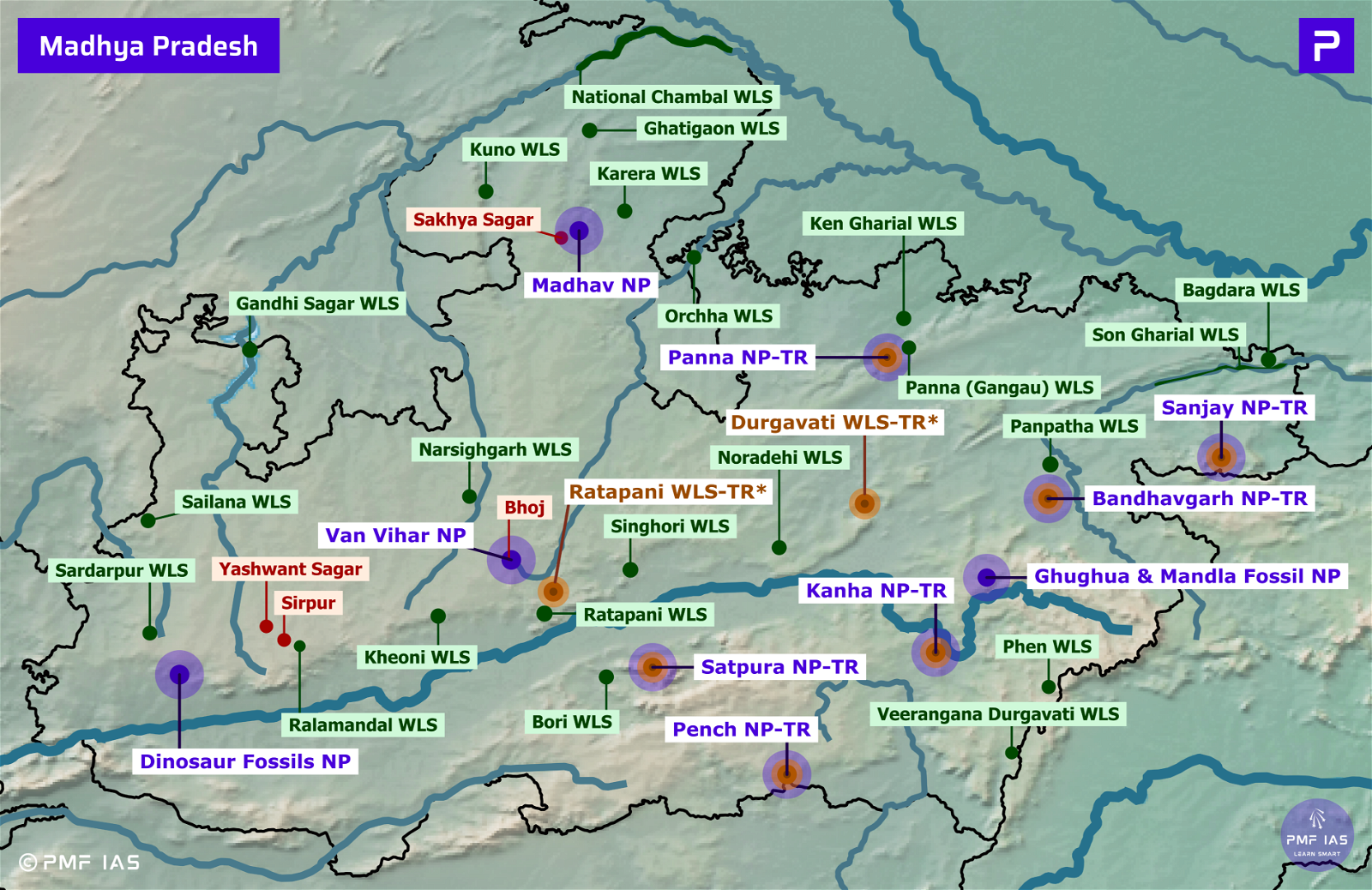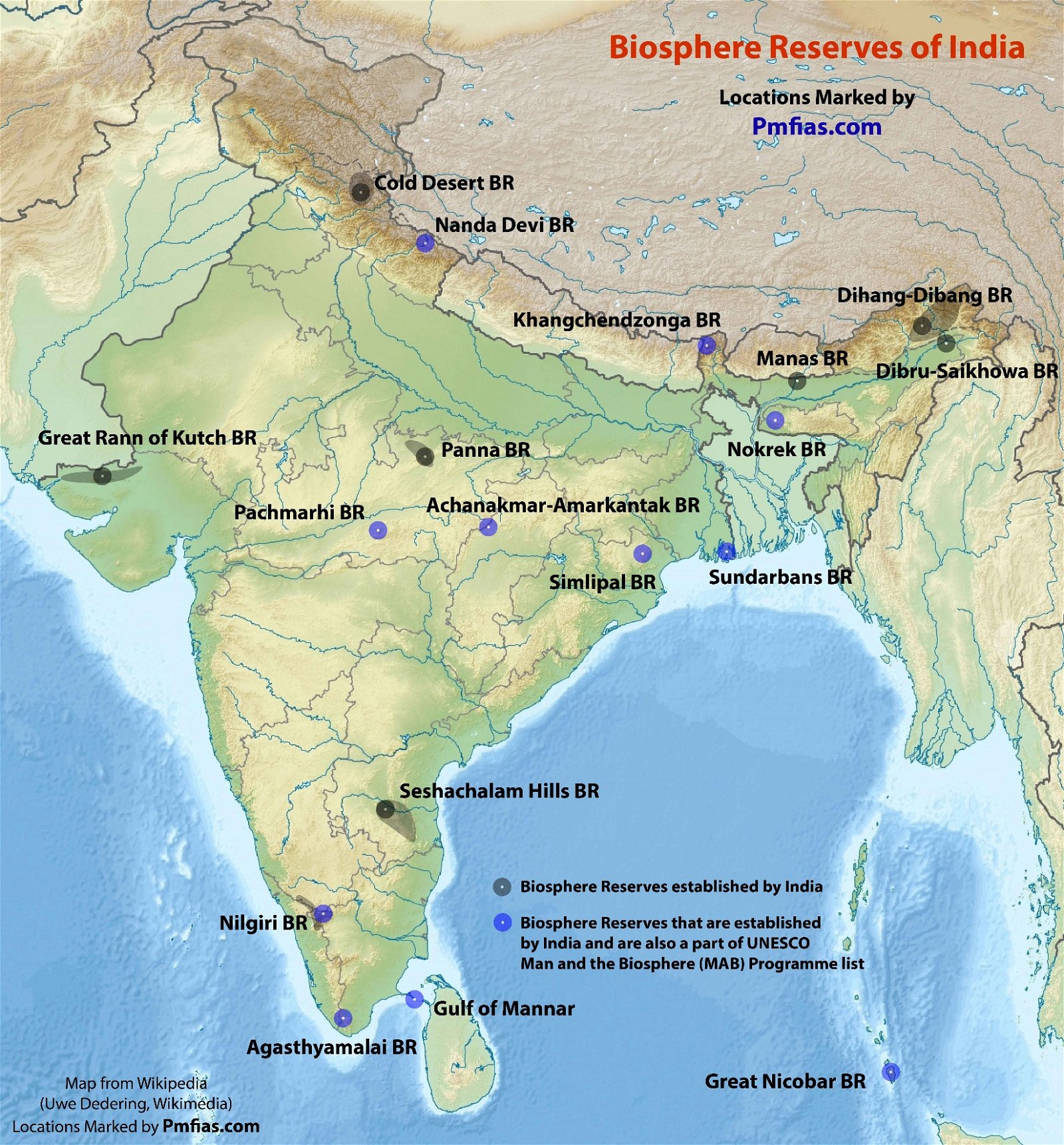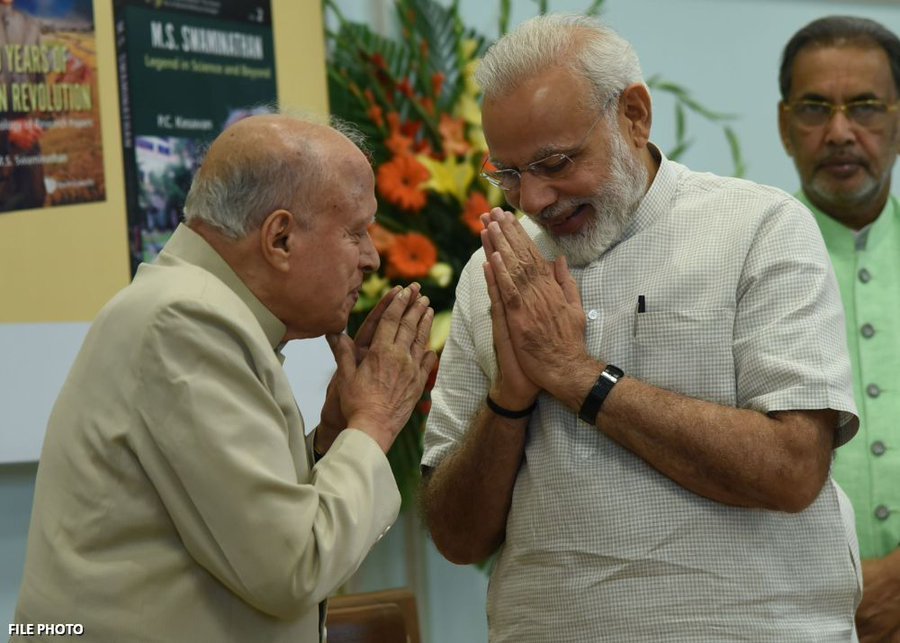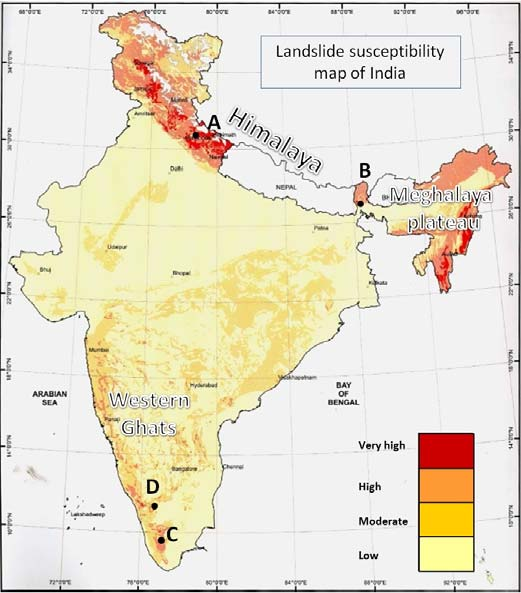
Jagannath Shankarseth
Subscribe to Never Miss an Important Update! Assured Discounts on New Products!
Must Join PMF IAS Telegram Channel & PMF IAS History Telegram Channel
- Context (IE): The Maharashtra cabinet decided to ask the Ministry of Railways to rename Mumbai Central Station after Nana Jagannath Shankarseth.
- Jagannath Shankarsheth Murkute, known as Nana Shankarsheth, was an Indian philanthropist, social reformer and educationalist.

Birth and Background
- Jagannath Shankarsheth Murkute was born on February 10, 1803, into the wealthy Murkute family in Murbad, Thane.
- His father, Shankar Murkute, was a successful dealer in jewellery and diamonds.
- Shankarsheth was a member of the Bombay Presidency assembly in 1861 and later became an advisor to the governor of the Bombay Presidency in 1862.
Education and Philanthropy
- In 1849, Jagannath Shankarsheth opened the first-ever school for girls in Mumbai.
- He played a crucial role in establishing the Elphinstone Educational Institution (formerly known as the Bombay Native Institution) and founding the Bombay Native Education Society.
- He also contributed to projects such as the English School, the Sanskrit Seminary, and the Sanskrit Library in South Mumbai.
- He contributed generously to Hindu temples and played a role in social reforms, including efforts to suppress widow-burning (sati) and provide a cremation ground for the Hindu community.
- His philanthropic contributions include support for the construction of the Dr Bhau Daji Lad Museum and the Bhavani-Shankar Mandir and Ram Mandir temples in Mumbai.
Development works
- He was one of the founding members of the Great Indian Peninsula Railway, along with Sir Jamsetjee Jejeebhoy and David Sasson.
- Shankarsheth was instrumental in the development of Mumbai, donating land for development and establishing numerous educational institutions.
- Alongside Sir George Birdwood and Dr Bhau Daji, he contributed to major reconstruction efforts in Mumbai, transforming it into a spacious and airy city.
- Shankarsheth was the first Indian nominated to the Bombay Legislative Council and the Bombay Board of Education.
- He was also the first Indian member of the Asiatic Society of Mumbai.
- Shankarsheth’s involvement extended to the founding of the Bombay Association, the first political organization in Mumbai, in 1852.
Legacy
- His contributions earned him the nickname “Maker of Modern Bombay.”
Asiatic Society of Mumbai
Bombay Association
|








![PMF IAS Environment for UPSC 2022-23 [paperback] PMF IAS [Nov 30, 2021]…](https://pmfias.b-cdn.net/wp-content/uploads/2024/04/pmfiasenvironmentforupsc2022-23paperbackpmfiasnov302021.jpg)











